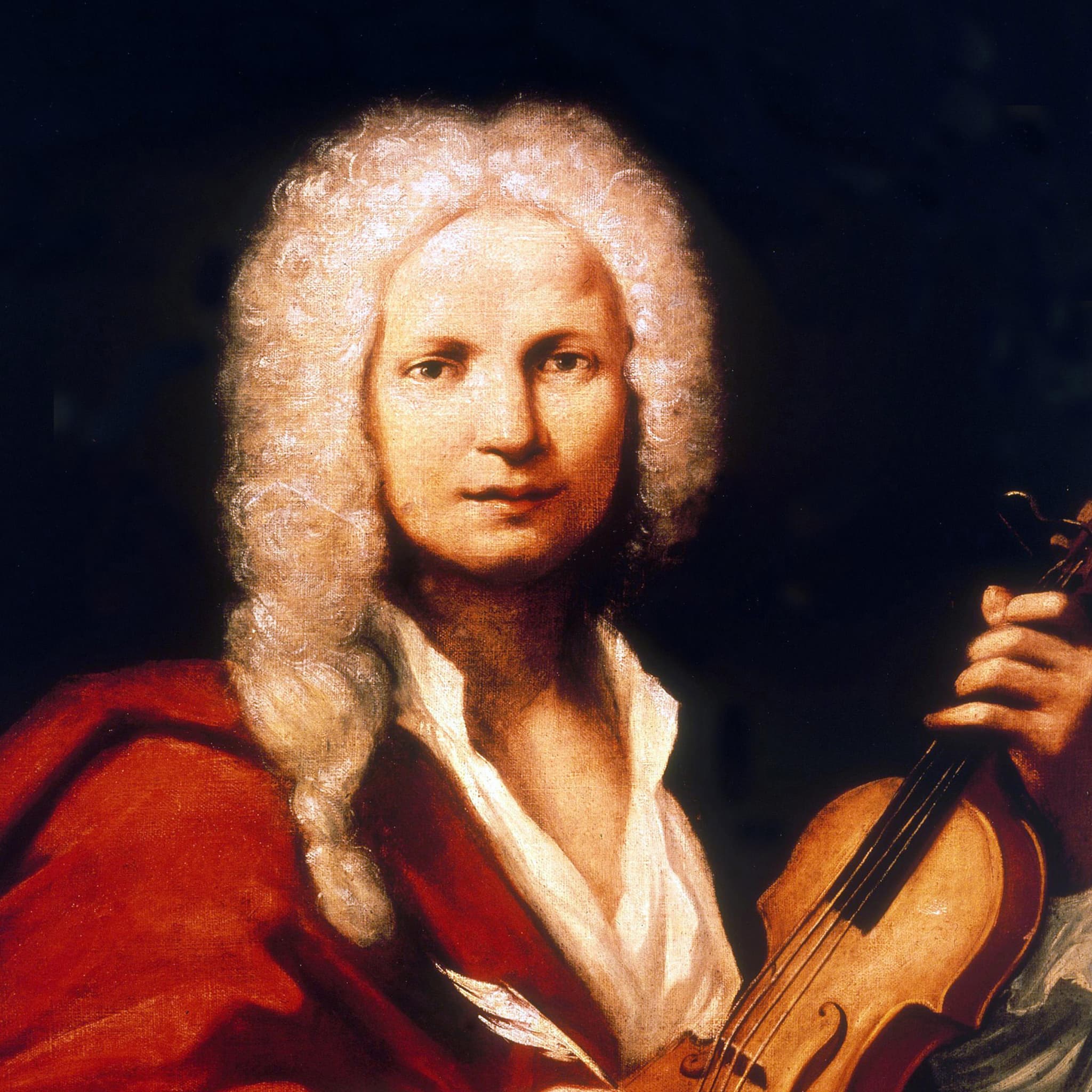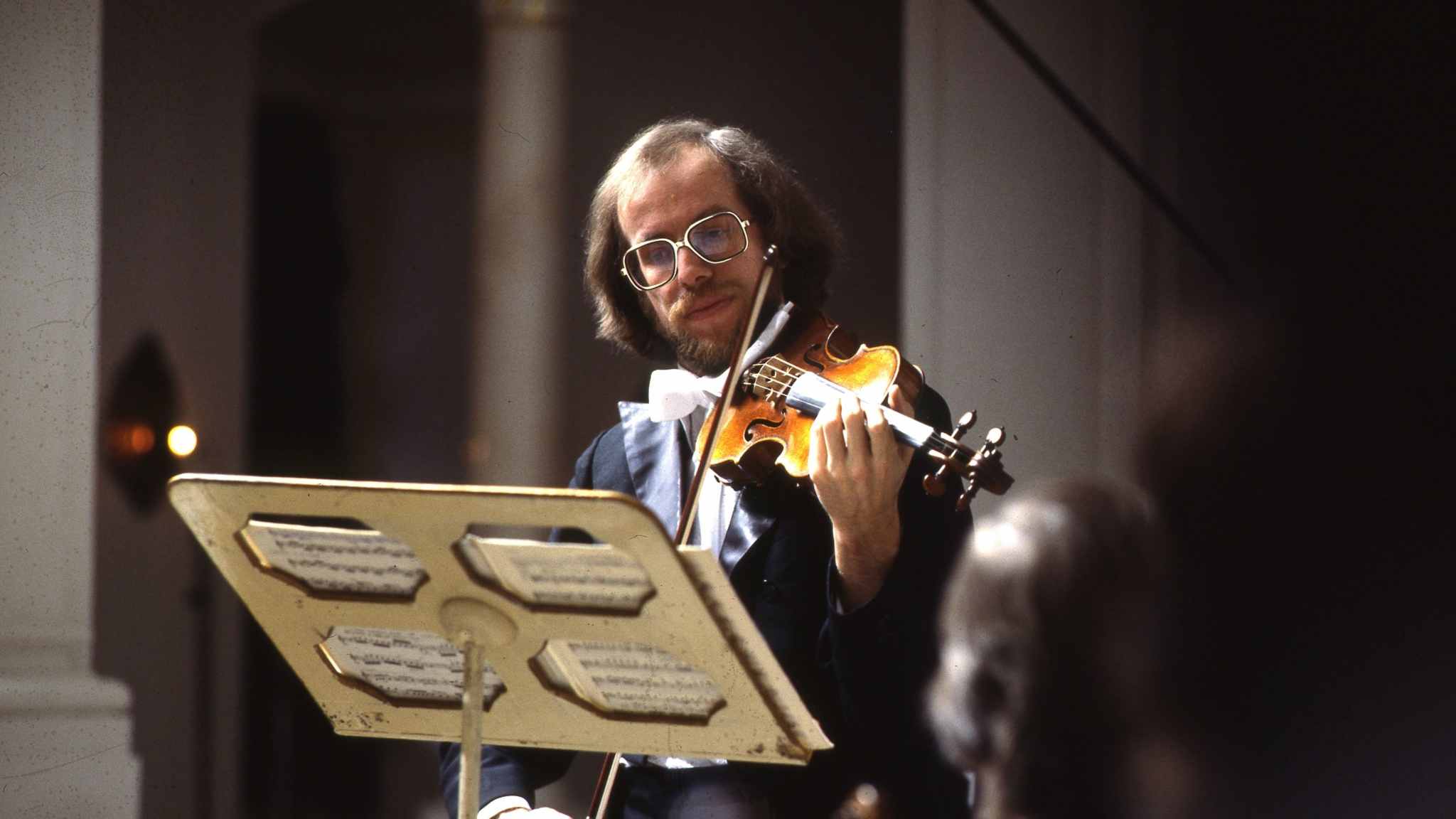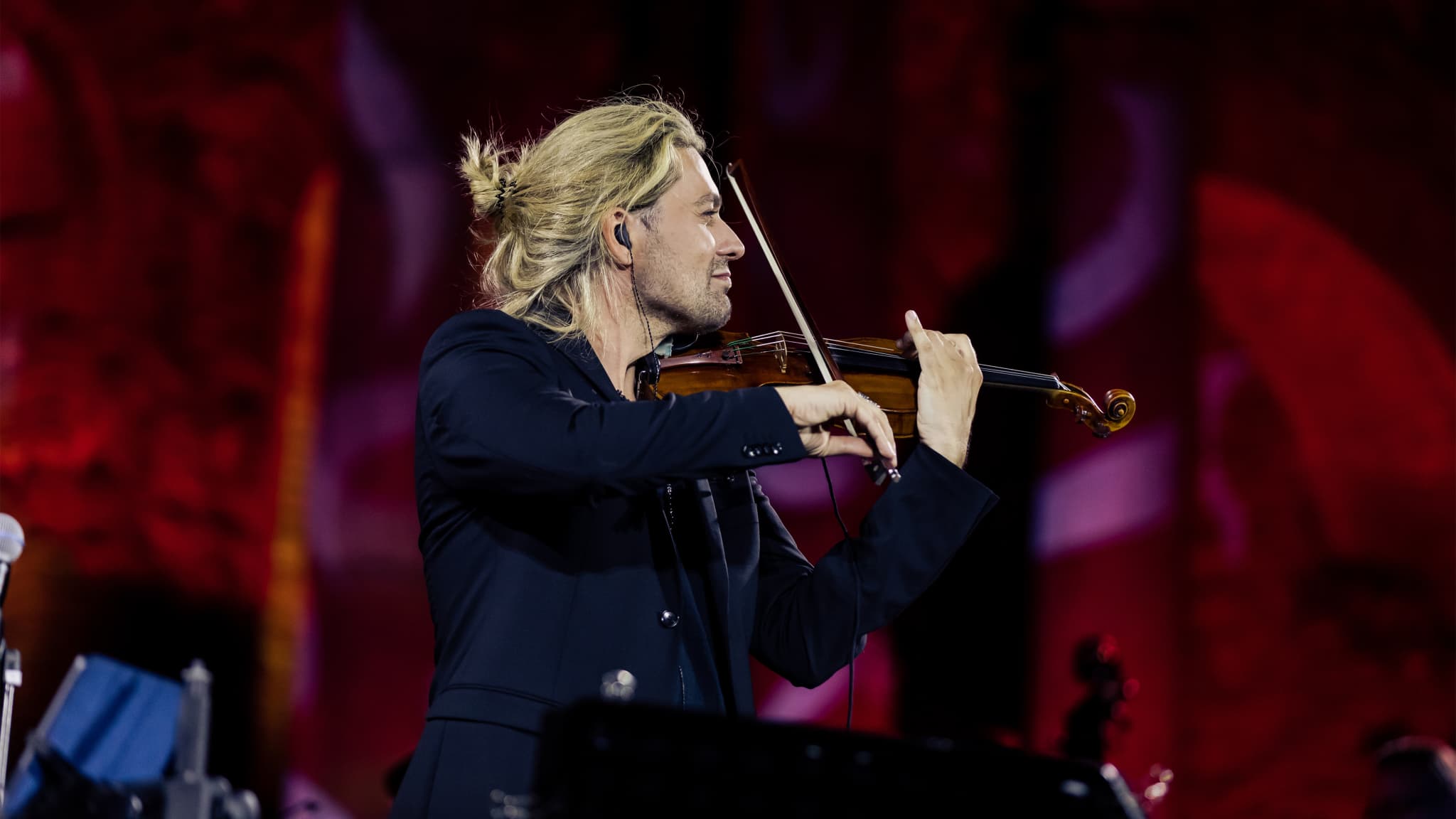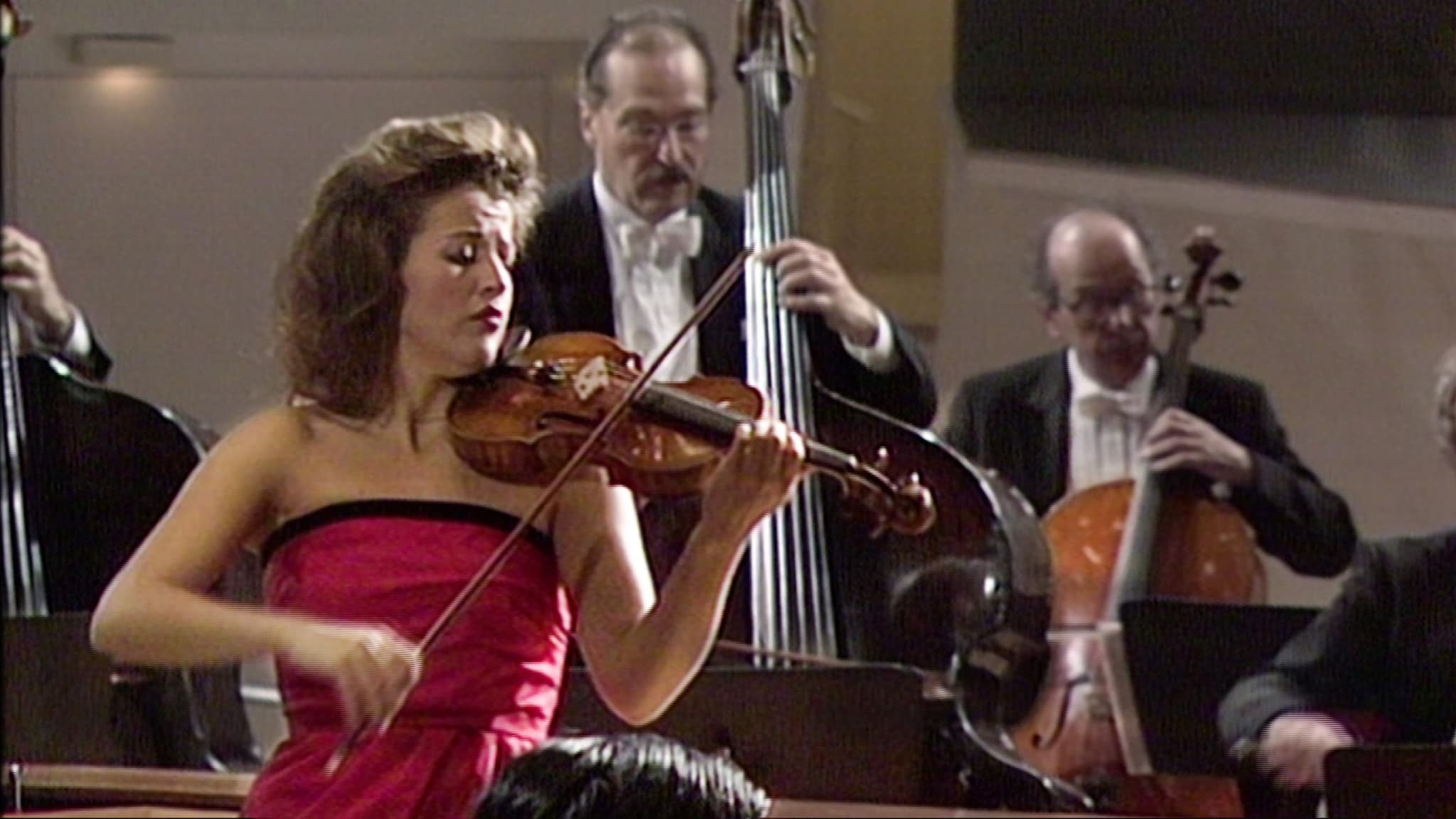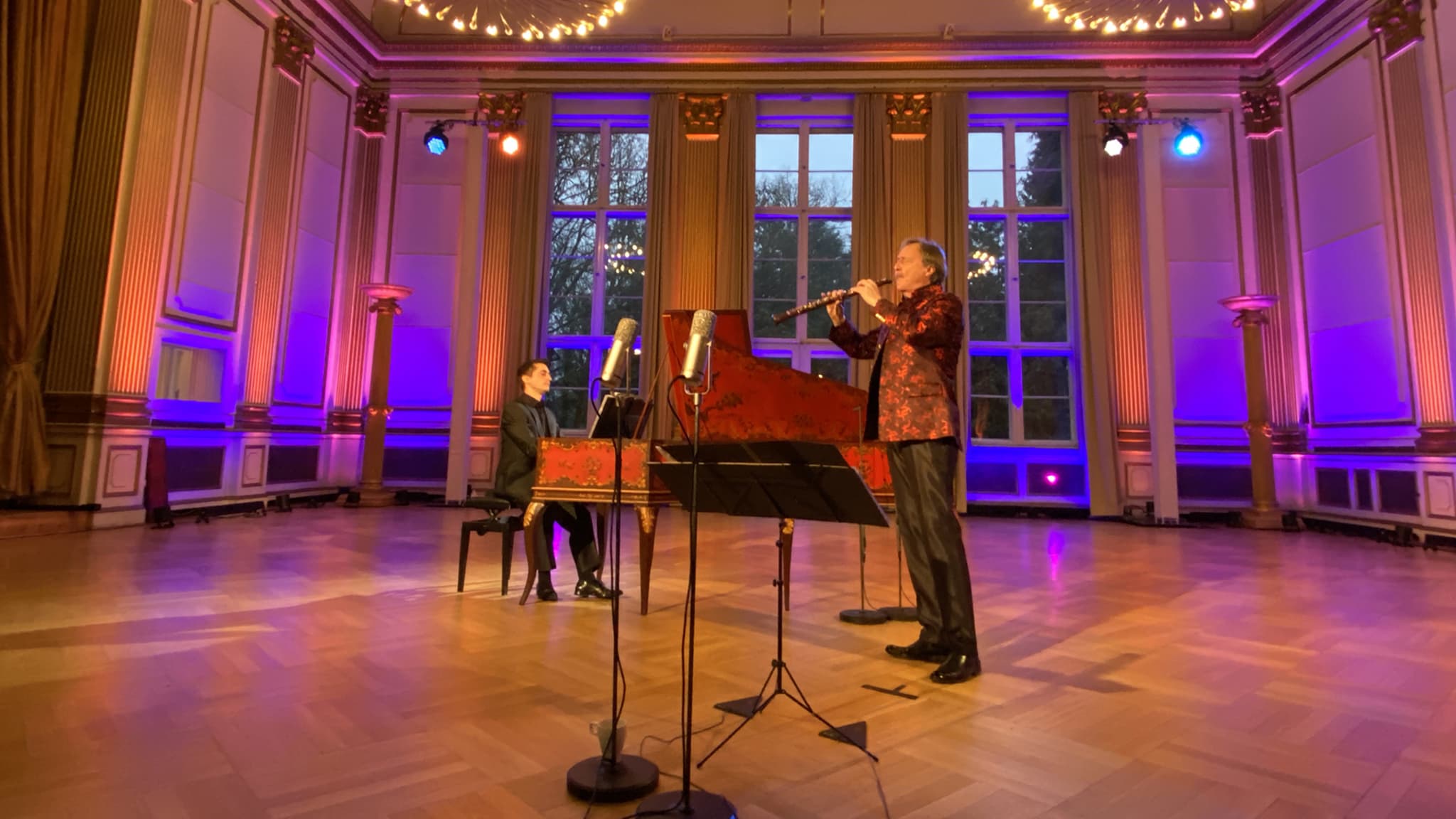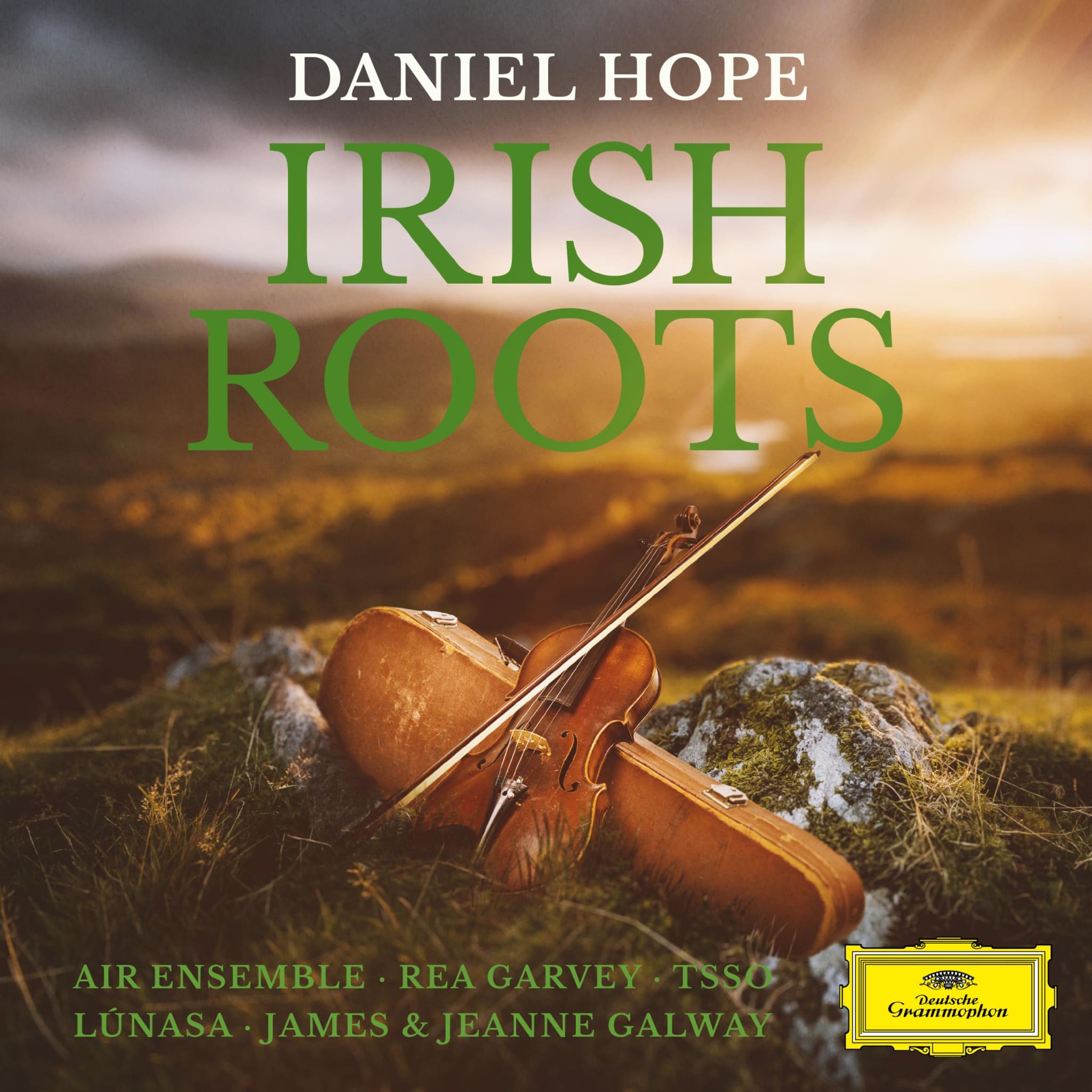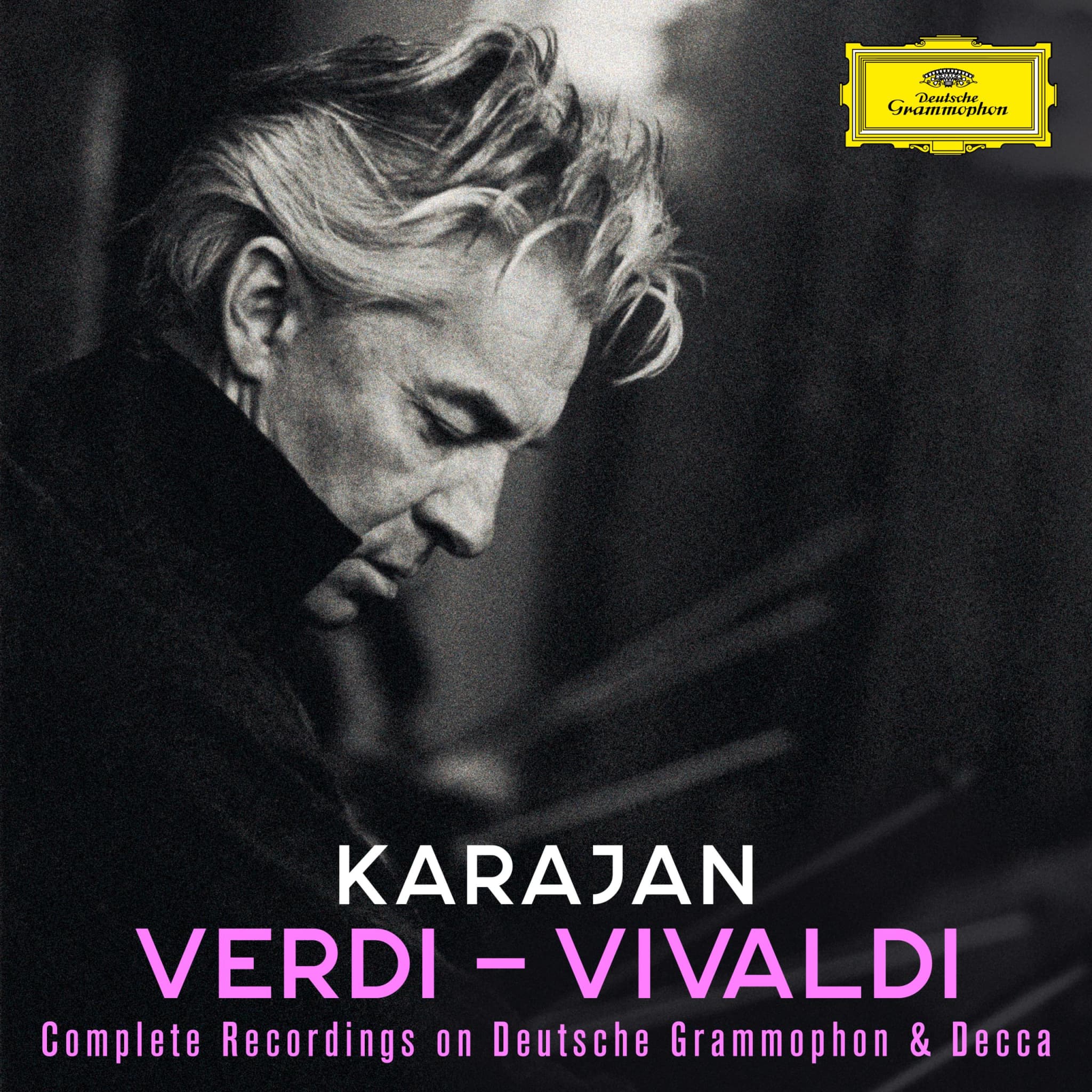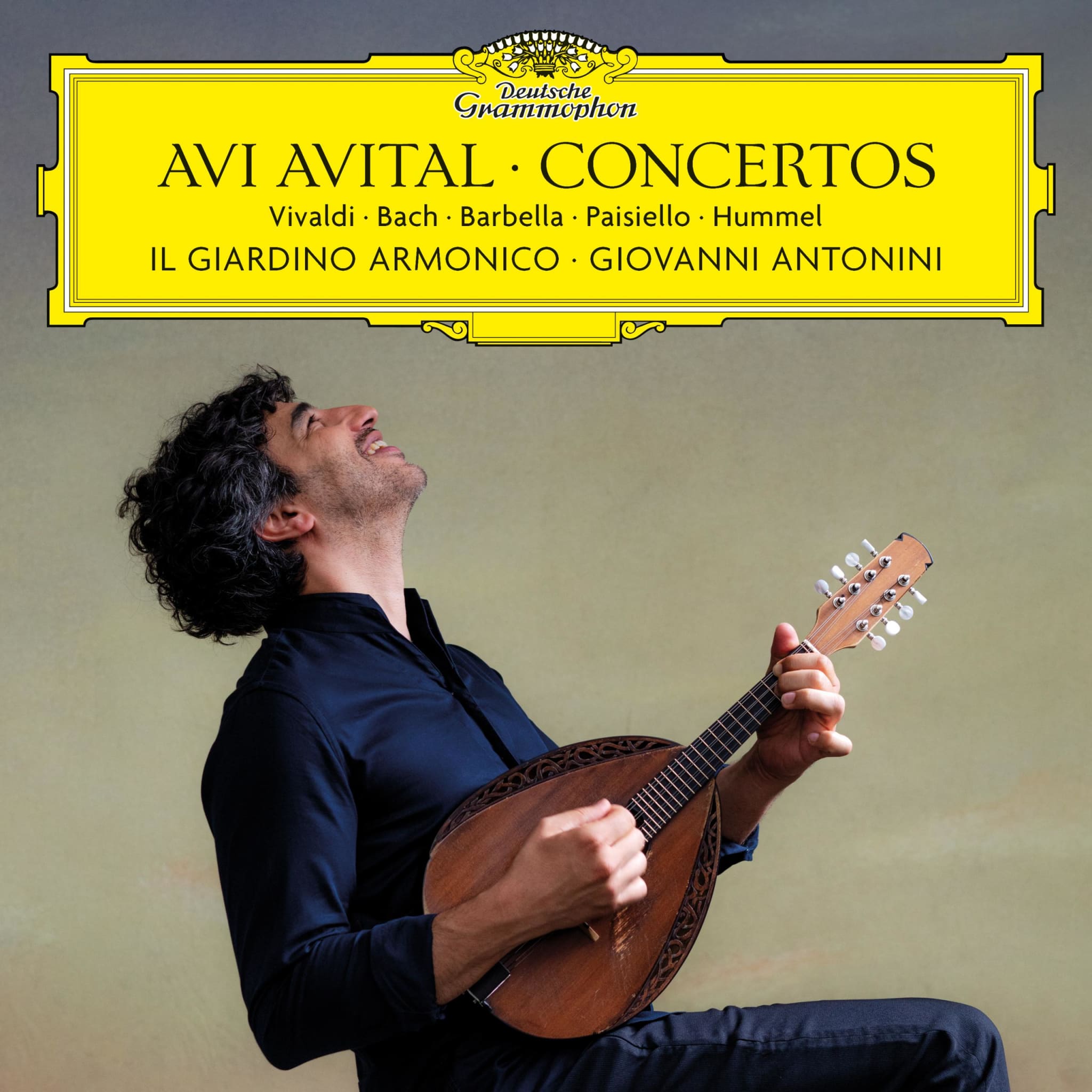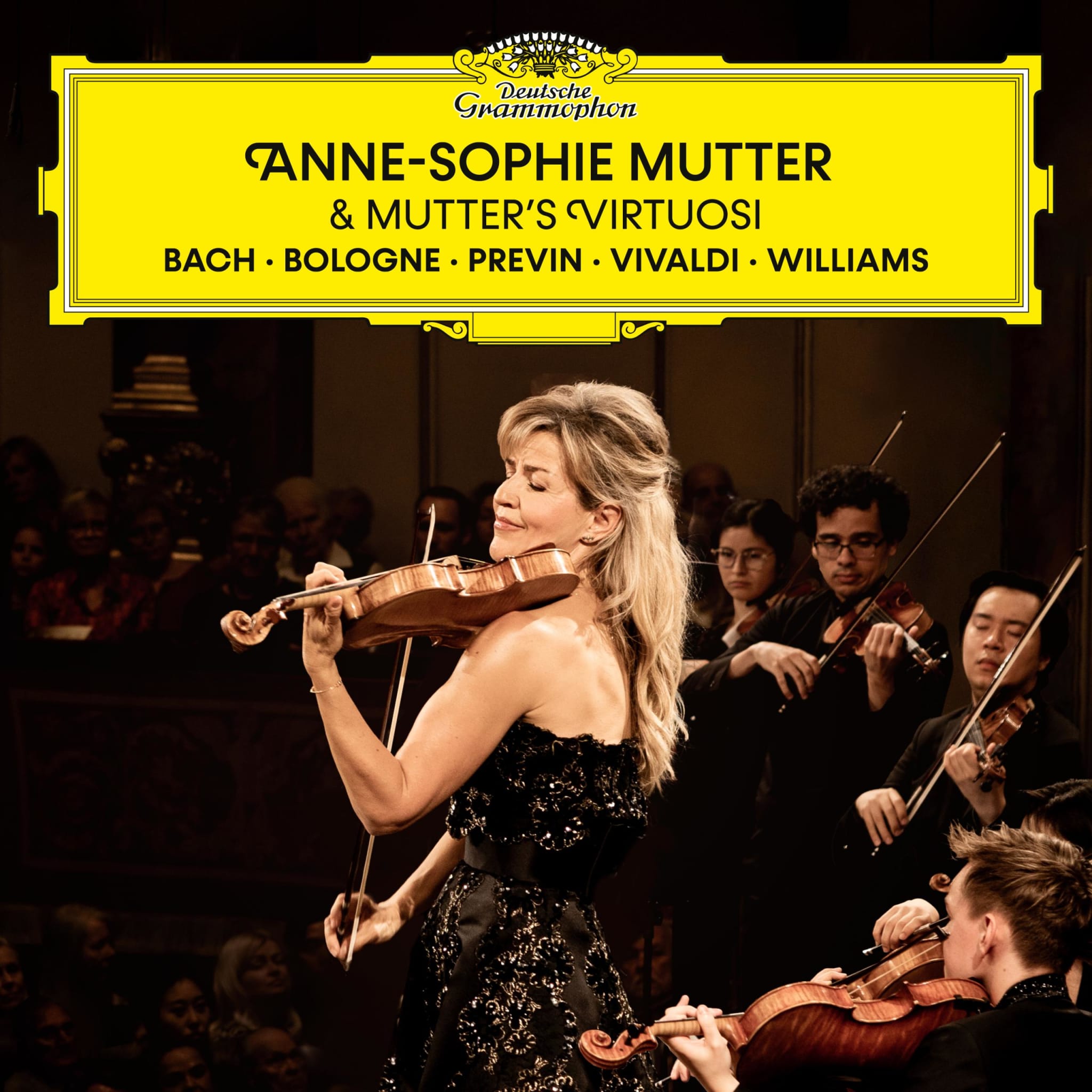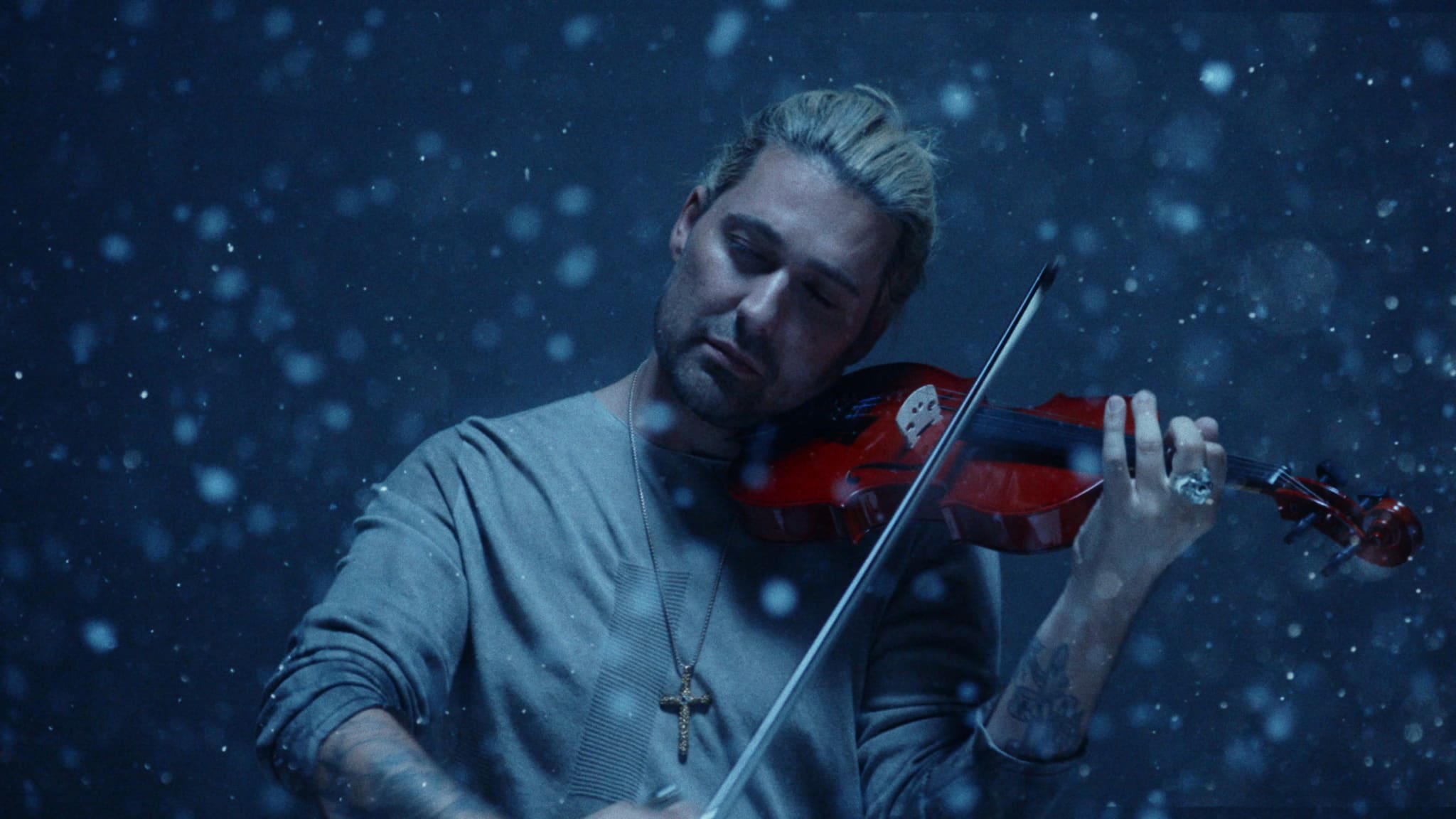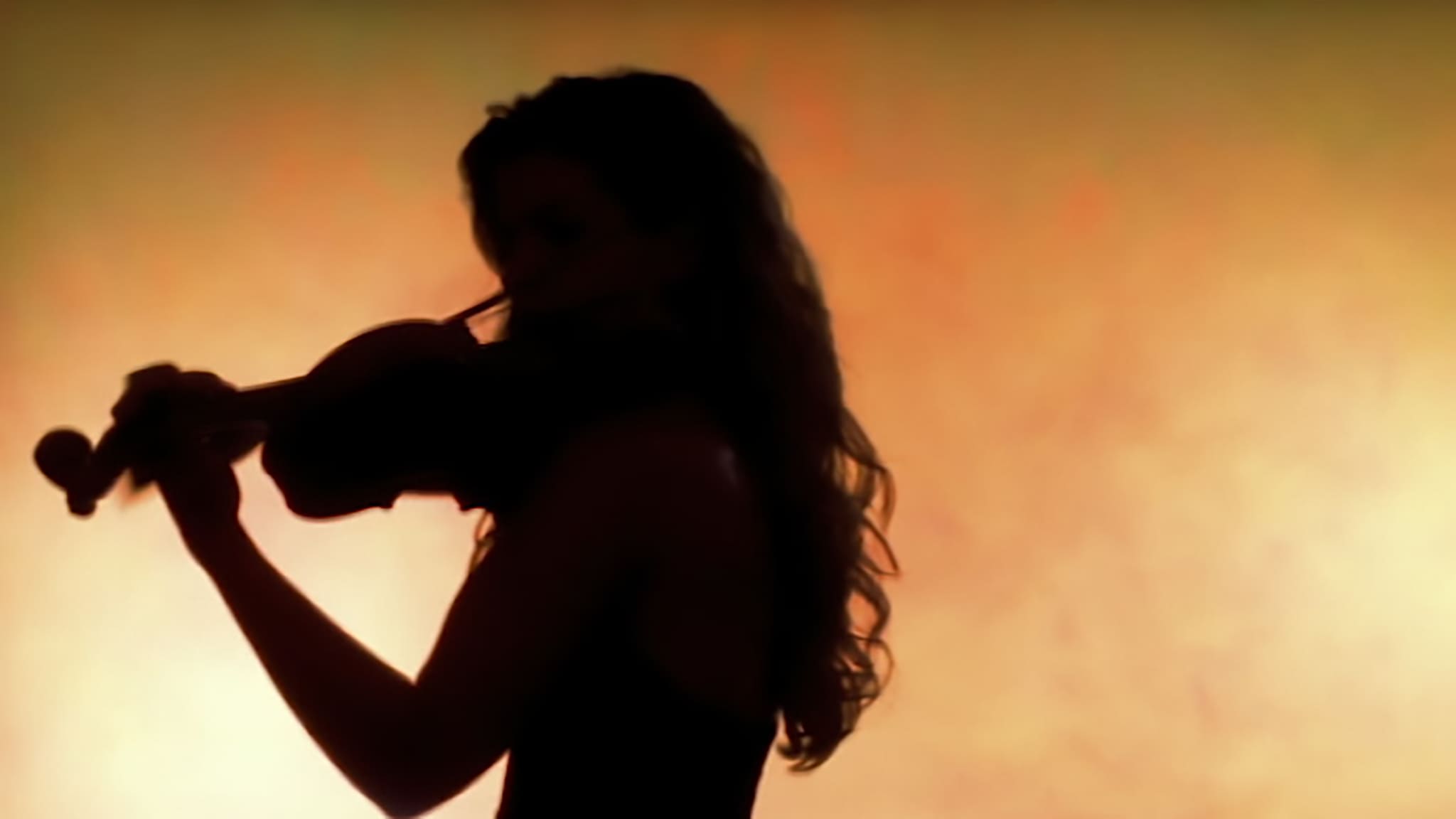Neu auf STAGE+
Alben
Kurze Videos
Infos
Antonio Vivaldi

Vivaldis Vater war Bäcker, bevor er Geiger wurde, und böse Zungen haben den Komponisten bezichtigt, seine Musikwerke ähnlich zu produzieren wie das "Brötchenbacken". Doch Vivaldi bietet sehr viel mehr als nur Masse, und seine zwölf Konzerte der Sammlung L'estro armonico sind als einflussreichste Musikveröffentlichung der ersten Hälfte des 18. Jahrhunderts bezeichnet worden. Bach bearbeitete einige davon und wartete stets gespannt auf weitere Werke.
Vivaldis Musikstudium erfolgte während seiner Vorbereitung auf das Priesteramt. 1703 empfing er die priesterlichen Weihen, und im selben Jahr wurde er als Maestro di violino am Pio Ospedale della Pietà, einem kirchlichen Waisenhaus für mittellose Mädchen, verpflichtet. Als er 1716 zum Maestro de' concerti dieser Institution ernannt wurde, war sein Ruhm als Violinvirtuose und Komponist bereits weit über die Grenzen Italiens hinausgedrungen. Das Jahr 1718 markierte den Beginn einer langen Reihe von Konzertreisen, die ihn durch viele Städte seines Heimatlandes (wo er aufgrund seiner Haarfarbe als der "rote Priester" bekannt war) und Zentraleuropas führte. Neben hunderten von Instrumentalkonzerten und Sonaten schrieb er zahlreiche liturgische Kompositionen und Dutzende von Opern.
